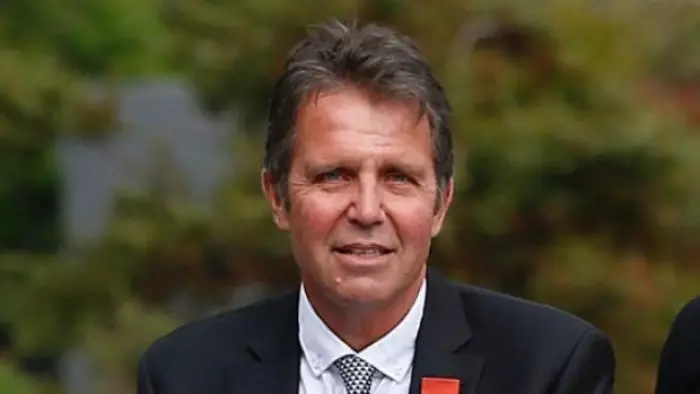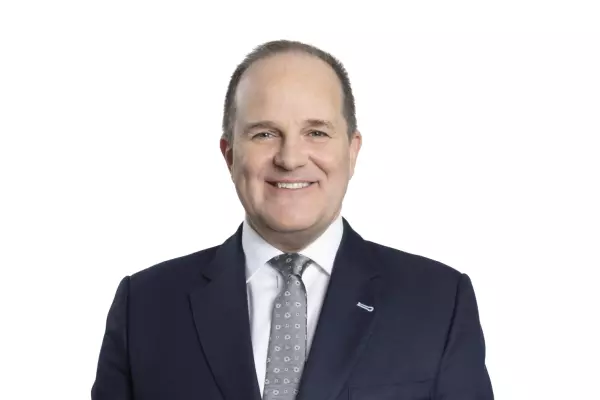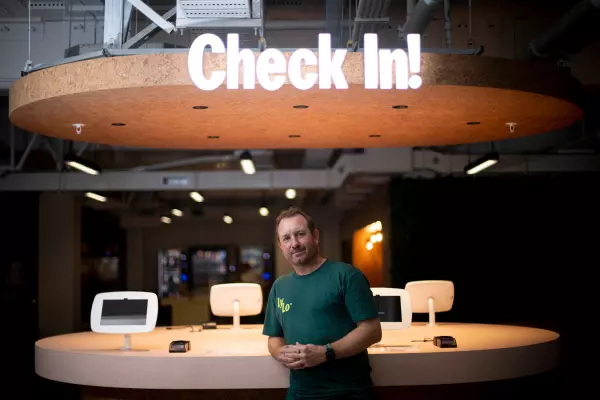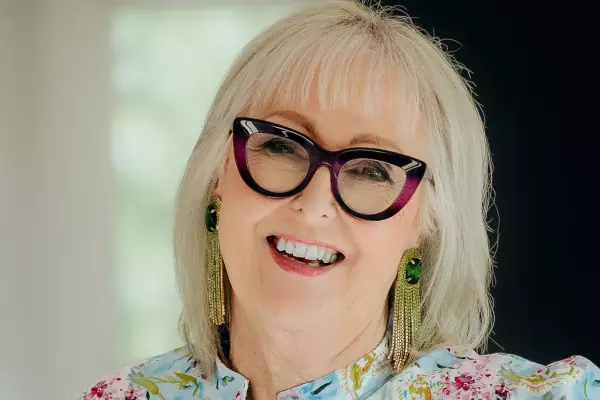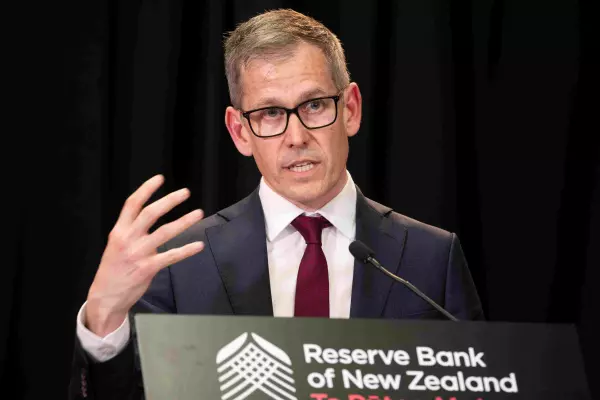Each fortnight, Victoria Carter speaks to someone about failure and disappointment and what they learned. This week, she talks to Dr John Mayhew, former All Blacks, NZ Warriors doctor, and clinical director of AIA Insurance.
I was disappointed when: we lost in the World Cup semis to France in 1999, everyone had worked so hard, we deserved to win. John Hart had done a good job with the team; we were up at half-time. We were a good side. That was disappointing from a professional point of view. How John Hart was treated afterwards by the NZ public and NZ rugby was appalling. He had done so much. It’s terrible that people still take pot shots at Jeff Wilson over it, that is the worst side of rugby.
I was also really disappointed with the way NZ Rugby treated Jonah Lomu. I had a close personal and professional relationship with Jonah. I looked after him; I even signed his death certificate. He spent a lot of time at my house with my kids. I don’t think NZ Rugby dealt with it well. Some thought I had got too close to Jonah.
I knew he had lost the trust of his previous medical team. Our long and close, trusted relationship was important to him. No one knew about his kidney issues. It was so secret that I used to take him to a renal specialist in Epsom at 7pm so no one would see him. I used to administer all his drugs.
Don McKay, an ex-All Black and pharmacist, would give us the medication. Jonah wanted no trace so he would give me cash to buy the medicine – wads of money. I asked if we could do it electronically but he didn’t want any trace. I said it looked so bad, but he trusted me. I literally was a drug dealer! When it came out in 1997, a lot of people were surprised, even John Hart, but until then, I couldn’t tell anyone. It’s the doctor’s Hippocratic Oath of Ethics. The fluctuations in his performance I understood but couldn’t explain to anyone.
Another player had epilepsy but didn’t want to be tagged as the epileptic All Black. It was always medically safe for him to play rugby. His team never knew. I was sad about this, but at the time, there was a stigma around it. It’s a shame that even today, no one knows.
I was really embarrassed: in 1988, Mike Brewer was playing a Sunday test in Sydney because Michael Jones couldn’t play. I injected his sore knee and we won. The following week, we were in Queensland to play Queensland on a Sunday.
Mike had trained hard all week, and when I asked if he needed an injection. He said ‘no, I’m good as gold’. He warmed up, and then a few minutes before kick-off, he said, ’Doc, I need the injection’. So, I rapidly did it.
I put the needle in on the outside of his knee, but what I’d done was inject too close to a nerve down the outside of his knee, so it caused a foot drop and paralysed the nerve down to his foot. He goes onto the field and, after ten minutes, says, ‘My foot's no good’.
I knew immediately what had happened. His foot had no feeling and was flapping around! I should have told him, nope, you don’t need the injection. I told the physio to strap it and hope it wore off. But it didn’t, and we had to take him off. The media were wondering what was going on.
When Alex Wylie named the team the next day for a match on Wednesday, Mike was in it. The media were like ‘Heck how can he play with a dislocated foot?’ We kept it quiet for a while. I learned a lot from that experience. I will never rush an injection again!
I felt a bit silly recently when the hospital called me to check I was okay. I said why, they said at 8.10pm on Friday my pacemaker had gone a bit crazy. I realised that was when my son, who was playing rugby, had been sin-binned!
What do I know? I’ve had a long medical career; I keep learning. I’ve done so many different things thanks to my medical degree, I’ve been a junior doctor, working in cardiology, internal medicine, obstetrician.
By chance, I trained in sports medicine and was lucky that not many were qualified in a bit. I did general practice back when it was harder and also easier. There were fewer rules and regulations, we worked silly hours, we still delivered babies. We had more autonomy.
Then I transformed into being a full-time sports doctor in rugby, rugby league. Then, I set up a sports medicine clinic at the Millennium [fitness centre]. A medical degree gave me the ability to continue learning and changing.
I went to a Catholic school (Rosmini College) and learned good values. It’s hard to go through a Catholic school and not have some of it rub off on you. The school’s motto was "charity fulfils the law". You’re indoctrinated even if you don’t go to church each week, and that’s a good thing. It gave me a good values basis of looking after people, an unnarcissistic view of life. I’m very grateful for the education I got.
When a crisis or drama happens, the first thing I do is: well, it depends on the drama. If I saw a medical emergency, I’d leap into action. A crisis, to me, is more of an illness or something bad happening in my family. I had a cardiac arrest a few years ago from a viral infection. Now I have a pacemaker.
I’m long enough in the tooth to deal with most medical crises.
John Sturgeon, a wise West Coast coal miner and ex-All Black manager, used to say, “The sun will come up tomorrow”. So, no matter how bad things are at the moment, they will improve.
You lose a game, but there are more important things you have to deal with. I’ve learned to accept loss, that you need to stand back, take a deep breath and look at the overall picture.
What’s the best piece of advice you’ve been given?
A gynaecologist I worked with said to me, while we were doing hospital medicine that "every day there will be one or two patients will test your ability”. Medicine is a lot about rote learning and how to fix a broken leg. He was right, 90% of your thought power often does need to go into one or two patients.
A lot of stuff is straightforward, but one might require a lot more thought. I do 10 hours each week in a GP clinic, there is a real crisis in general practice in New Zealand with older, experienced doctors retiring.
These days, I notice that patients present with five or six problems. They often have diabetes, are overweight, have a sore knee, high blood pressure and a painful hip, and they want it all fixed in a 15-minute consultation. The 15 minutes isn’t long enough to consult on all those things, but they can’t come back because they can’t afford to.
I keep my hand in, but it’s a very hard job, very fragmented, and you mostly see the very old with multiple pathologies or the very young.
Another wise doctor said to me, "More is missed by not looking than not knowing".
If you don’t examine or take a proper history of the patient, you may not get the right answers to your questions.
Not because you don’t understand the science, but in medicine, most diagnosis is made from history, from talking to people. Conversation is very important. We need to dissect the problem, not jump to conclusions, although you evaluate people from when they come in the door.
The worry of medicine is you might see 100 patients correctly, and then on the 101st, you might miss something, and there’s a complaint. I feel very lucky not to have had a professional complaint.
I’ve been involved with interviewing students for medical school for the past 15 years. There’s a story told of one of the older deans who would sit in the waiting room in scruffy clothes. This old man would engage them in conversation. A lot of their assessment was done by this old man.
It was a clever way to see what they said to him and how they treated him.


